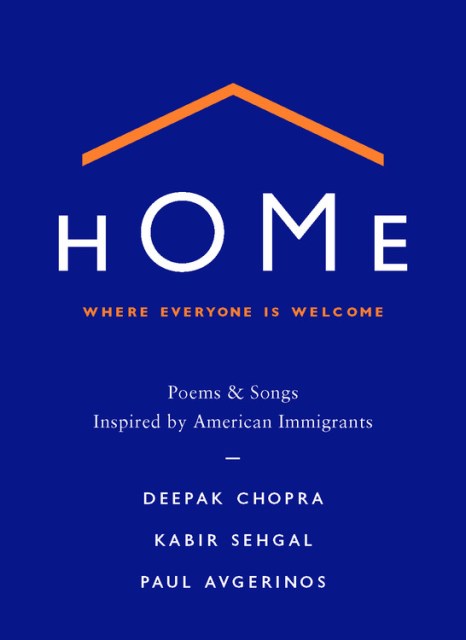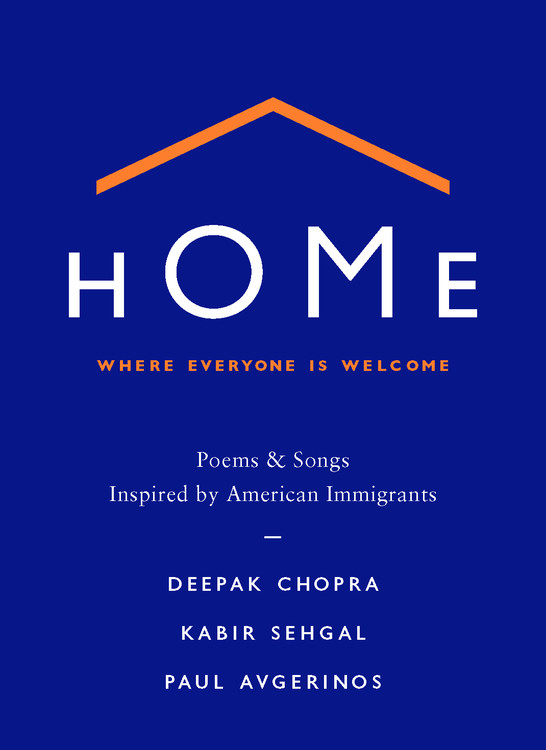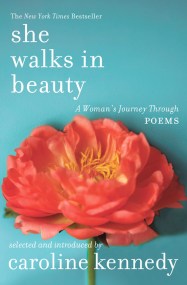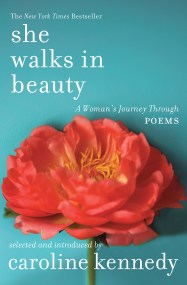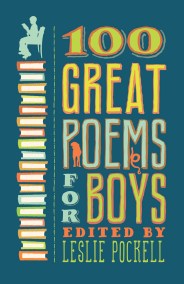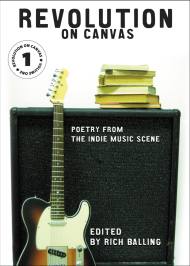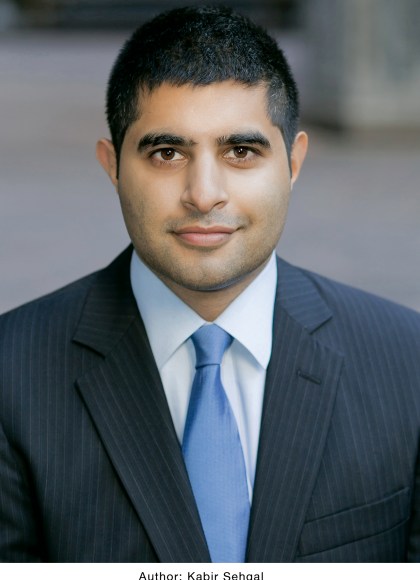By clicking “Accept,” you agree to the use of cookies and similar technologies on your device as set forth in our Cookie Policy and our Privacy Policy. Please note that certain cookies are essential for this website to function properly and do not require user consent to be deployed.
Home: Where Everyone Is Welcome
Poems & Songs Inspired by American Immigrants
Contributors
By Kabir Sehgal
Formats and Prices
- On Sale
- Aug 29, 2017
- Page Count
- 88 pages
- Publisher
- Grand Central Publishing
- ISBN-13
- 9781538761007
Price
$20.00Price
$26.00 CADFormat
Format:
- Hardcover $20.00 $26.00 CAD
- Audiobook Download (Unabridged)
This item is a preorder. Your payment method will be charged immediately, and the product is expected to ship on or around August 29, 2017. This date is subject to change due to shipping delays beyond our control.
Buy from Other Retailers:
Written and composed by immigrants and first generation Americans, Home provides a stronger sense of welcome and belonging for everyone.
Home is a collection of thirty-four poems and twelve songs inspired by a diverse group of immigrants who have made significant contributions to the United States. From Yo-Yo Ma to Audrey Hepburn, Albert Einstein to Celia Cruz, these poems symbolize the many roads that lead to America, and which we expect will continue to converge to build the highways to our future.
This unique collaboration takes the form of a keepsake book, with a CD of beautiful original music tucked inside. An audiobook edition in which Deepak Chopra reads the poems is also available, as a digital download. This hardcover book (with accompanying music CD) and digital-only audiobook will be available simultaneously.
Offering a welcoming feeling intended to inform our cultural conversation and enhance our national dialogue, HOME has twelve accompanying musical pieces that serve as personal meditations on the essence of home, in which you can reflect upon where you feel most welcome, whether a place or state of mind.
Newsletter Signup
By clicking ‘Sign Up,’ I acknowledge that I have read and agree to Hachette Book Group’s Privacy Policy and Terms of Use
